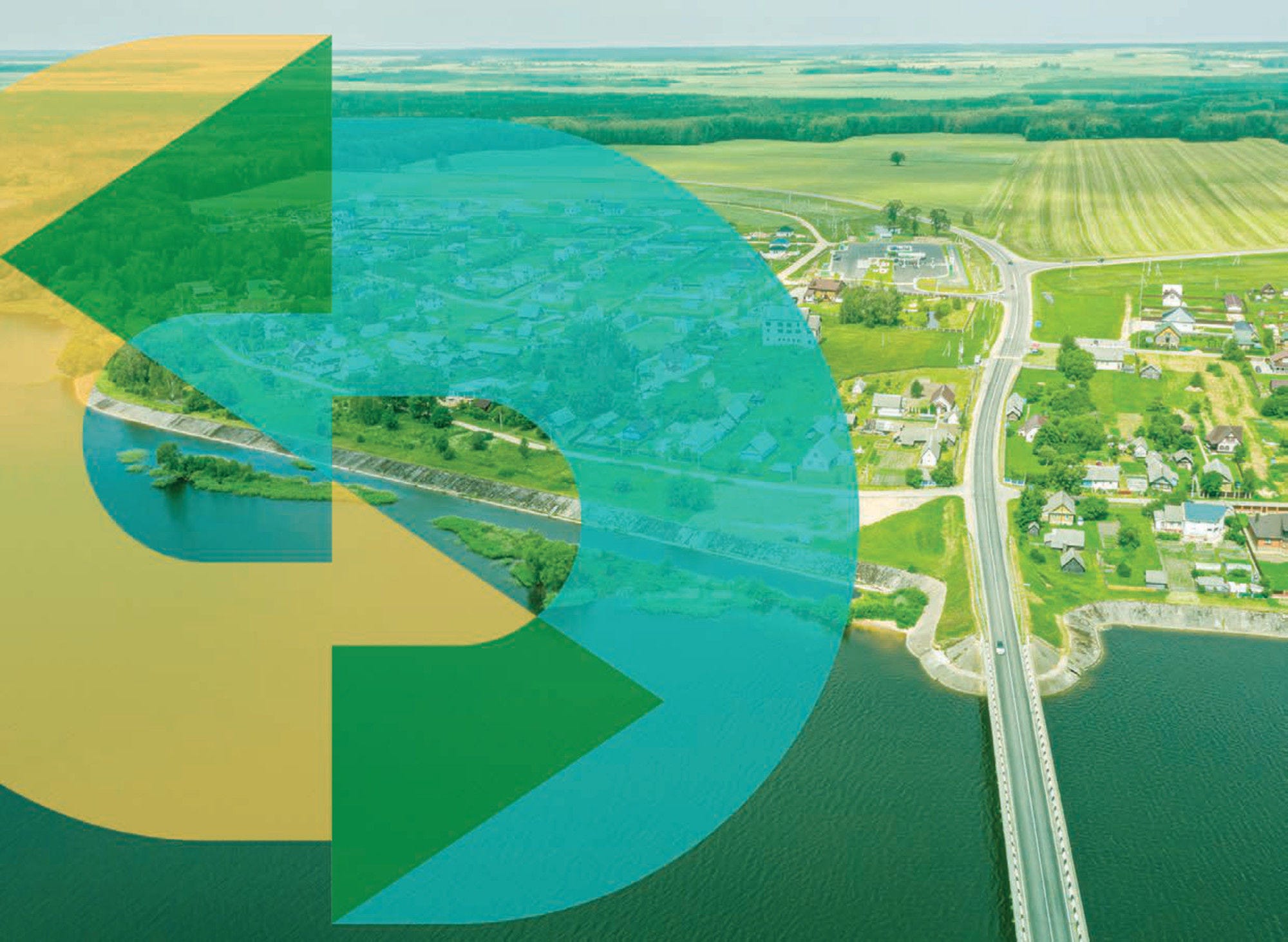The OECD report Rethinking Regional Attractiveness in the New Global Environment was produced by the OECD Centre for Entrepreneurship, SMEs, Regions and Cities (CFE), led by Director Lamia Kamal-Chaoui, as part of the Programme of Work of the Regional Development Policy Committee (RDPC). It was undertaken with the support of the European Commission’s Directorate-General for Regional and Urban Policy (DG REGIO). The report was managed and edited by Peter Haxton, Policy Analyst in the Regional Development and Multi-level Governance (RDG) Division, under the supervision of Claire Charbit, Head of the Regional Attractiveness and Migrant Integration team, and Dorothée Allain-Dupre, Head of RDG. Authors for each of the chapters are Peter Haxton (Chapter 1), Aline Matta and Michael Flood (Chapter 2), Iris Ryu and Michael Flood (Chapter 3), Michael Flood (Chapter 4), Margaux Tharaux (Chapter 5), Maya Camacho and Peter Haxton (Chapter 6), and Margaux Tharaux and Claire Charbit (Chapter 7). The quantitative component of the regional attractiveness methodology benefitted from significant contributions from Marylou Colombet, Michael Flood, Eric Gonnard, Sebastien Pasquier and Iris Ryu. Iris Ryu led the collection and quantitative analysis of regional attractiveness statistics with inputs from Michael Flood and Michelle Marshalian.
In developing the regional case studies that inform the report, the OECD benefitted from active support and feedback from: RDPC delegates from Ireland, Italy, Portugal, Spain and Sweden; regional authorities in the 15 participating regions (Ireland: Eastern and Midland, Northern and Western, Southern; Italy: Campania, Liguria, Marche, Sicily; Portugal: Algarve, Centro, Lisbon; Spain: Balearic Islands, Cantabria, Valencia; and Sweden: Dalarna, Norrbotten). It also benefited from inputs of regional stakeholders who participated in round-table discussions and interviews to inform the analysis. The development and drafting of regional case studies was undertaken by the following: Ireland – Michael Flood; Italy – Mattia Corbetta and Marguerite Maramici; Portugal – Aline Matta and Claudia Quintana; Spain – Maya Camacho and Claudia Quintana; Sweden – Joel Andersson and Margaux Tharaux.
The report was also informed by a series of webinars and dialogues on rethinking regional attractiveness, and we would like to thank all speakers and participants who made those events so informative and successful. In particular, we would like to highlight the contribution of the three key experts – Richard Florida, Parag Khanna, and Juliette Langlais – and Dr Andres Rodriguez-Pose, moderator of the Dialogues on the Future of Regions.
The development of the report gained from the contribution of country desk representatives and thematic experts from DG REGIO who facilitated engagement with pilot region partners and provided constructive feedback throughout, with the support of Nicola de Michelis, Director, Smart and Sustainable Growth and Programme Implementation IV. The report also benefitted from comments by delegates of the RDPC, Dr Andrés Rodríguez-Pose, London School of Economics, and OECD colleagues, in particular, Nadim Ahmad, Deputy Director of the CFE, Alexandre De Crombrugghe and Fares Al Hussami, as well as Gian Maria Mallarino and Gaia Anselmi from the CFE Trento Centre. Pilar Philip prepared the report for publication.
